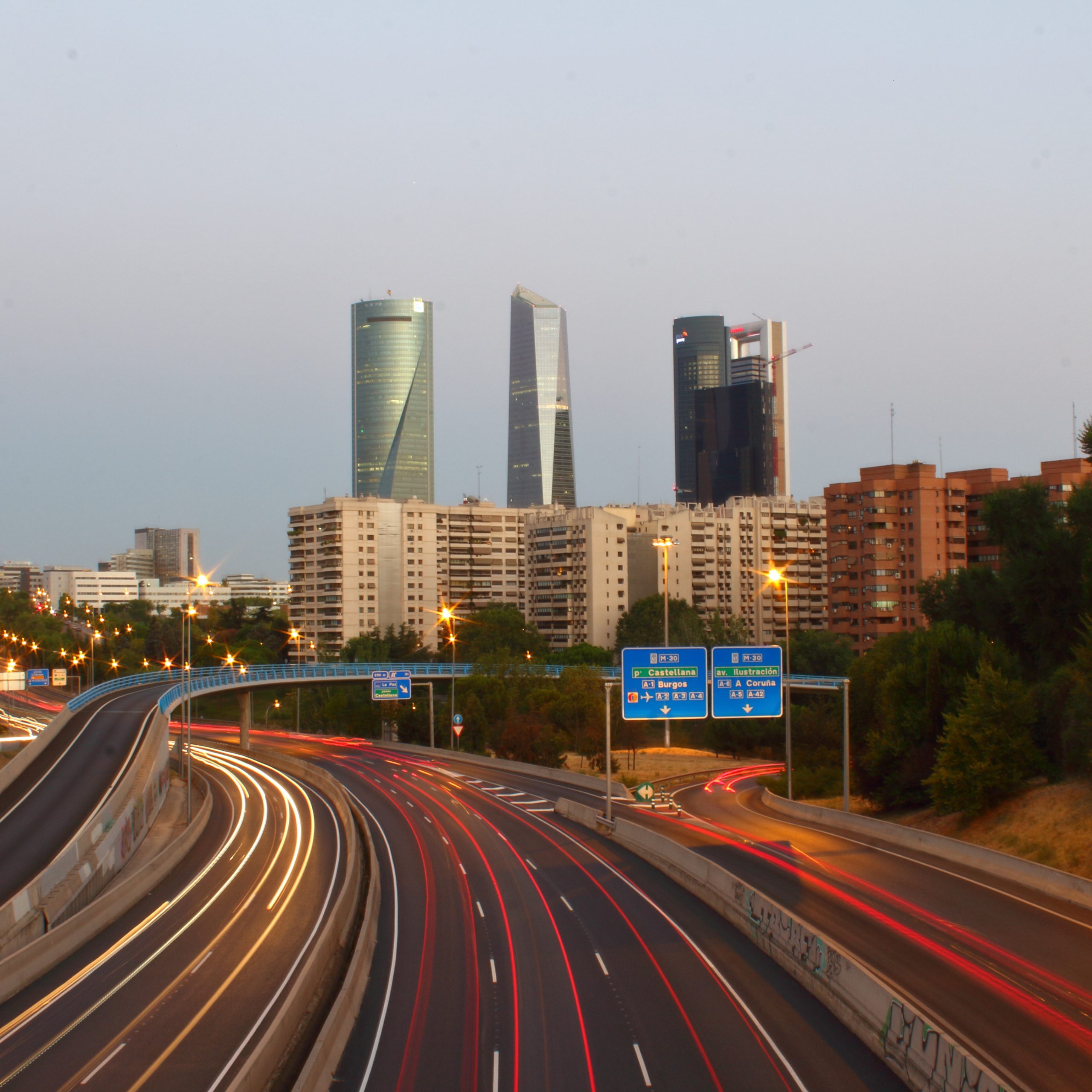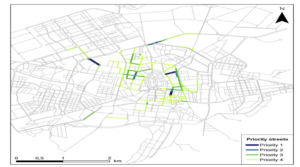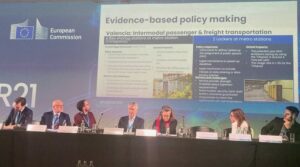The Madrid City Council, together with the Madrid regional government and the European Institute of Innovation and Technology (EIT Climate-KIC) and the El Día Después (The Day After) platform, have joined forces to promote the challenge of «flattening the curve», with the aim of moving towards a new mobility paradigm by taking advantage of the changes experienced with the emergence of COVID-19. Among the short-term objectives are the reduction of at least 30% of trips made to their workplace by employees of the organisations that have taken part in the challenge, compared to the levels before the crisis caused by the pandemic.
Among the organisations that have joined the initiative, the Conferencia de Rectores de las Universidades Públicas de Madrid (CRUMA), the Confederación Empresarial de Madrid (CEIM), the Universidad Politécnica de Madrid (UPM), the Comisiones Obreras de Madrid (CC.OO. Madrid), the Central Sindical Independiente y de Funcionarios (CSIF Madrid), the Chamber of Commerce and the Red Española para el Desarrollo Sostenible (REDS) stand out, among others.
From September onwards, a questionnaire will be distributed to the member organizations which will allow them to define what level of commitment they are making to the challenge in different areas, such as the capacity to implement teleworking, the possibility of making entry and exit times more flexible, and the promotion of the use of alternative modes of transport, such as cycling, walking or even electric vehicles or shared mobility.
The UPM has already begun working along these lines by drawing up a reduction plan for the Rectorate based on teleworking, with the idea of extending the challenge to the entire Campus and implementing other types of measures in the medium/long term. The study is led by the TRANSyT-UPM Transport Research Centre.
More information on the European EIT Climate-KIC Deep Demonstration programme: https://www.climate-kic.org/programmes/deep-demonstrations/
El Ayuntamiento de Madrid, junto con la Comunidad de Madrid y el Instituto Europeo de Innovación y Tecnología (EIT Climate-KIC) y la plataforma El Día Después, se han unido para promover el reto de «aplanar la curva», con el objetivo de avanzar hacia un nuevo paradigma de movilidad aprovechando los cambios experimentados ante la emergencia del COVID-19. Entre los objetivos a corto plazo se encuentran la reducción de, al menos, un 30% en el número total de desplazamientos realizados por los empleados de las organizaciones adheridas al reto, al puesto de trabajo en sus respectivas sedes corporativas, respecto a los niveles anteriores a la crisis provocada por la pandemia.
Entre las entidades que se han sumado a la iniciativa destacan la Conferencia de Rectores de las Universidades Públicas de Madrid (CRUMA), la Confederación Empresarial de Madrid (CEIM), la Universidad Politécnica de Madrid (UPM), Comisiones Obreras de Madrid (CC.OO. Madrid), la Central Sindical Independiente y de Funcionarios (CSIF Madrid), la Cámara de Comercio y la Red Española para el Desarrollo Sostenible (REDS), entre otras.
A partir de septiembre, se distribuirá un cuestionario entre las organizaciones adheridas que les permitirá definir qué nivel de compromiso establecen con el Reto en diferentes áreas, como la capacidad para implantar el teletrabajo, la posibilidad de flexibilizar los horarios de entrada y salida y la promoción del uso de modos de transporte alternativos, como la bicicleta, andar o, incluso, el vehículo eléctrico o la movilidad compartida.
La UPM, por su parte, ya ha empezado a trabajar en esta línea elaborando un plan de reducción basado en el teletrabajo para el Rectorado, con la idea de ir extendiendo el reto a todo el Campus e implementar otro tipo de medidas a medio/largo plazo. El estudio está dirigido por el Centro de Investigación del Transporte TRANSyT-UPM.
Más información sobre el programa europeo EIT Climate-KIC Deep Demonstration: https://www.climate-kic.org/programmes/deep-demonstrations/




